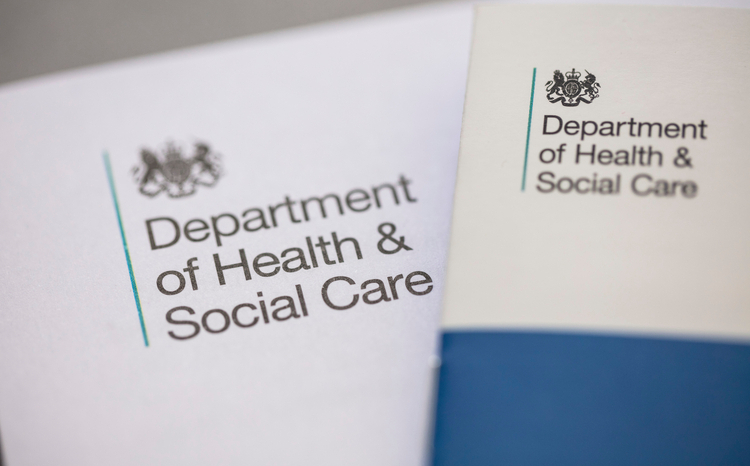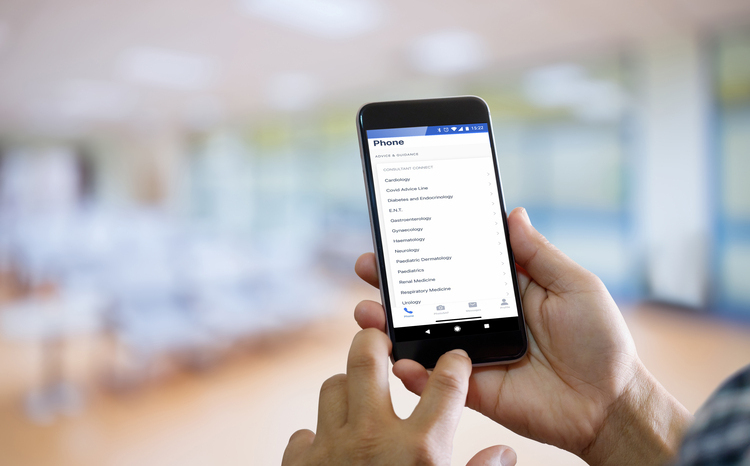Momentum builds on telemedicine
- 20 February 2009
The head of the European Commission’s ICT for Health unit says there is growing momentum behind telemedicine across the continent.
Speaking to E-Health Europe on the first day of the eHealth 2009 conference in Prague, Dr Gérard Comyn said that the Commission was working on a call for proposals for large scale telemedicine projects.
In a further initiative, the Commission is working on proposals to tighten the regulation of and assessment of telemedicine systems, in a similar fashion to medical devices.
Although such a change could mean that telemedicine systems could take up to an extra year to be approved, Dr Comyn said: “Systematic assessment is essential to win the confidence of clinicians.”
He added: “At the moment we have such assessments for medical devices but not for critical clinical software.” He said a paper was being prepared for publication later this year.
Both steps were set out in the European Commission’s November 2008 Communication on telemedicine, which set out a series of steps to boost use across Europe.
Though well received, Dr Comyn said the Communication has yet to be approved by the Council.
Dr Comyn said: “The current situation on telemedicine is characterised by lots of small projects, but never projects at the national level.” The Communication aims to tackle the barriers that currently exist to scaling up telemedicine.
Dr Comyn that one of the most important aspects of telemedicine services is that they allow people to be supported or treated in or near their homes; a point of huge economic significance for Europe’s already strained healthcare systems.
He pointed to one study in Barcelona, which showed that by using telemedicine, people could be discharged from hospital two to three days earlier than previously. “There are plenty of studies that have shown telemedicine can deliver benefits."
He also said that the areas in which telemedicine offered the greatest benefits were in better caring for people who have chronic health conditions and helping people who are frail, elderly or vulnerable to lead more independent lives.
He said that in other areas, like teleradiology, there were already commercial telemedicine services available, but a lack of regulation. “The main concern is that anyone can set up in business providing these kinds of services. The citizen needs to be able to confident that the services they receive are safe.”
Dr Comyn added: “At the moment, there is a lack of a regulatory and legal framework, and this creates problems with who is responsible for telemedicine services.” An example of the kind of problem already arising is who is responsible for the diagnosis of a medical image done remotely, possibly outside the country the patient is in.
“One of the reasons there is no scaling up of today’s services is the lack of trust. The technology and know-how to deploy telemedicine services is out there, the regulatory framework isn’t.”
Another part of the framework that is required are updated reimbursement regulations. Dr Comyn said: “In France the law says the doctor must be present with the patient or there is no reimbursement. And there are plenty of examples like this across Europe.”
He said that a central message in the Communication was to remind member states of the European Union that they need to back-up policy objectives on e-health. “They must brush-up legislation and address the current obstacles to telemedicine.” To do this, he said, will require co-ordination with the Commission.
The second main area the communication addresses is the need to effectively assess the benefits of large-scale telemedicine pilots. “The aim is to develop a methodology to effectively assess the quality of telemedicine services in a systematic way.”




